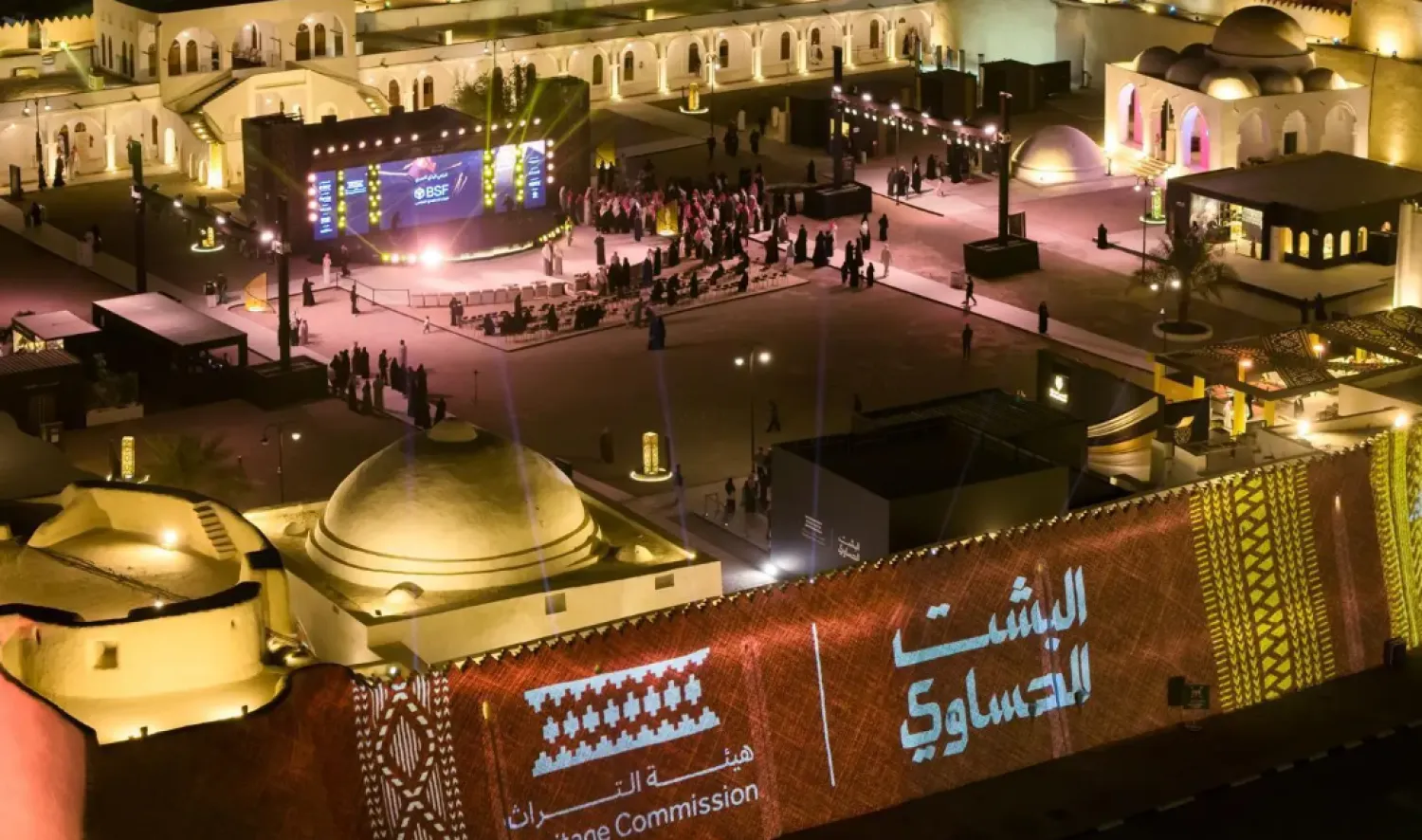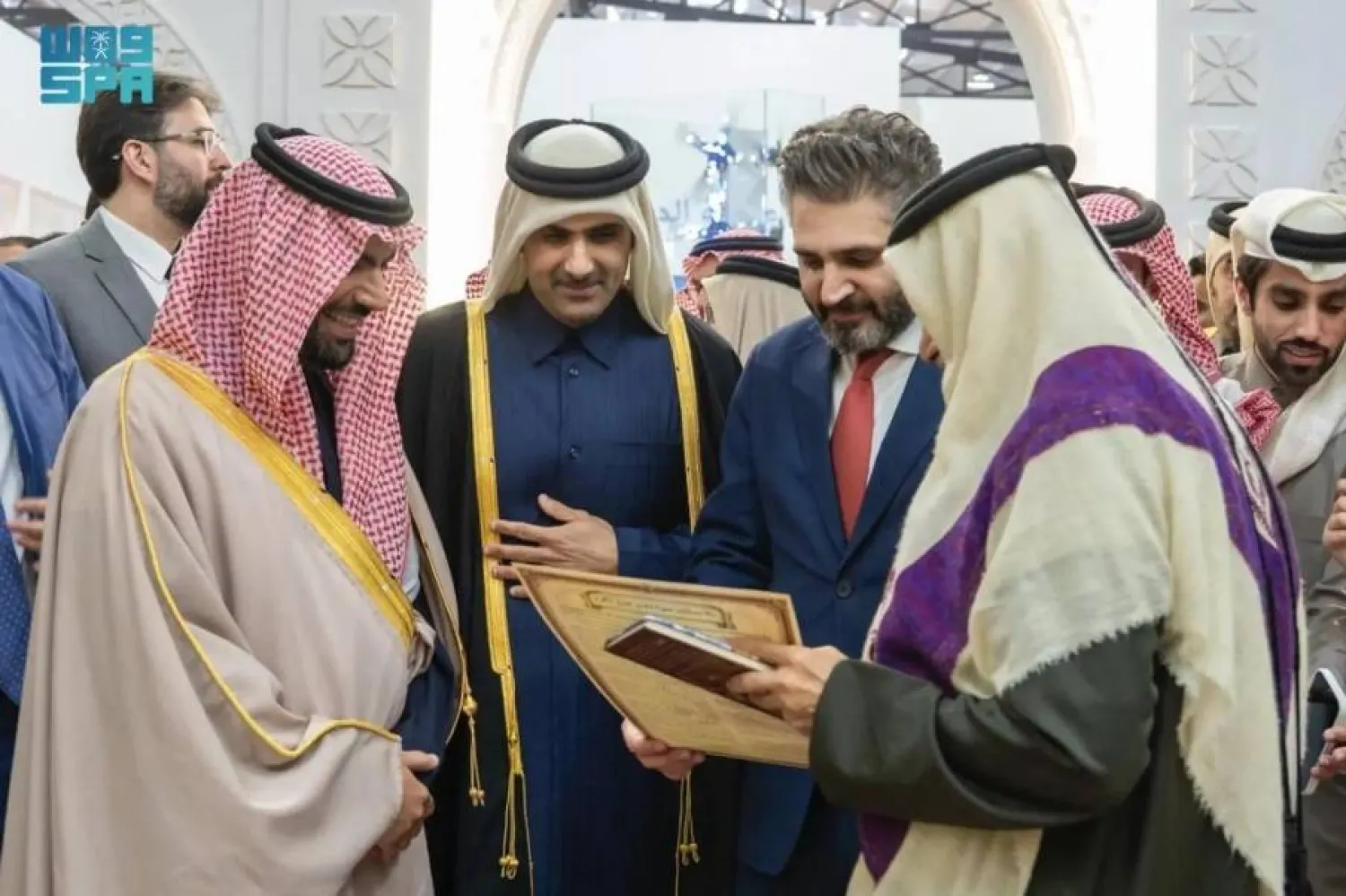The story of the escape of Lebanese businessman Carlos Ghosn from Japan has captured the imagination of filmmakers and writers.
"Escape Ghosn", a comic book, by French author Michele Standjofski and Mohamad Kraytem, depicting Ghosn’s story will be published in French by Samir Editeurs in Lebanon on Tuesday.
Two days before the end of 2019, after 110 days of house arrest in Japan and prosecution over financial charges, Ghosn, General Manager and President of the Nissan and Renault automobile companies, managed to escape and reach Beirut, hidden in a case of musical equipment.
Four years after the incident that made international media, Standjofski and a Lebanese work team met Ghosn four times, spending eight hours in total as he recounted the amazing details of the escape.
Standjofski teaches at the Academy of Fine Arts in Lebanon. In an interview with Madame Figaro newspaper, she said that she was not enthusiastic about the book when the publisher contacted her and proposed the idea.
The topic was different from what she usually covers, and she did not sympathize with the fugitive businessman. However, she agreed to the project when she learned that the book was the kind that mixed fact and fiction, with a sarcastic tone that did not aim to prosecute Ghosn or defend him, but rather focused on the details of the operation: a man in a musical instrument case.
The stages of work were carried out with the help of a research team under the supervision of the Lebanese publishing house that the author had previously worked with. Journalist Anthony Samrani, editor-in-chief of L'Orient Le Jour, led the interviews with Ghosn. As for the drawings, Standjofski chose her former student, Mohamad Kraytem, because he combines elegance and humor in his work.
She said she would jump in the interview to ask questions that seemed naive, but which helped her in building the character. She asked Ghosn what he had for breakfast and what kind of shoes he wore. Her questions helped ease the tension that prevailed during the meetings that were held at his home.
“Ghosn could have refused to meet with us, but he agreed to play the game because the topic seemed light or amusing to him. Lebanon is a beautiful country, but it remains small for those who are accustomed to traveling the world on a private jet. He lives in a golden prison, and he is also a prisoner of the person he has become, and he would like to leave it for a little while. In our last meeting... I told him that we might address the issue in a way that would not satisfy him. This style is what gave the book its tone,” Standjofski said.









